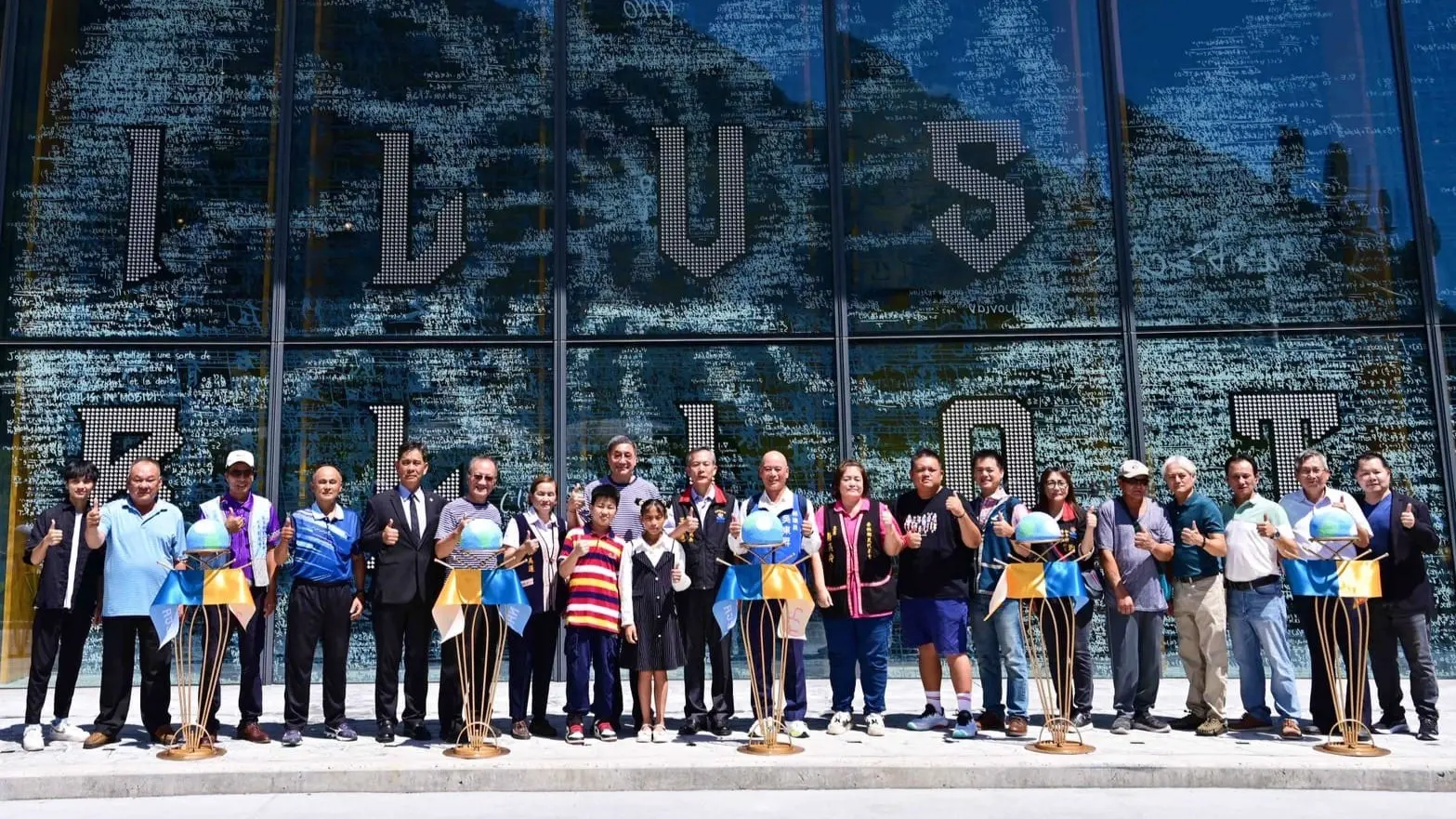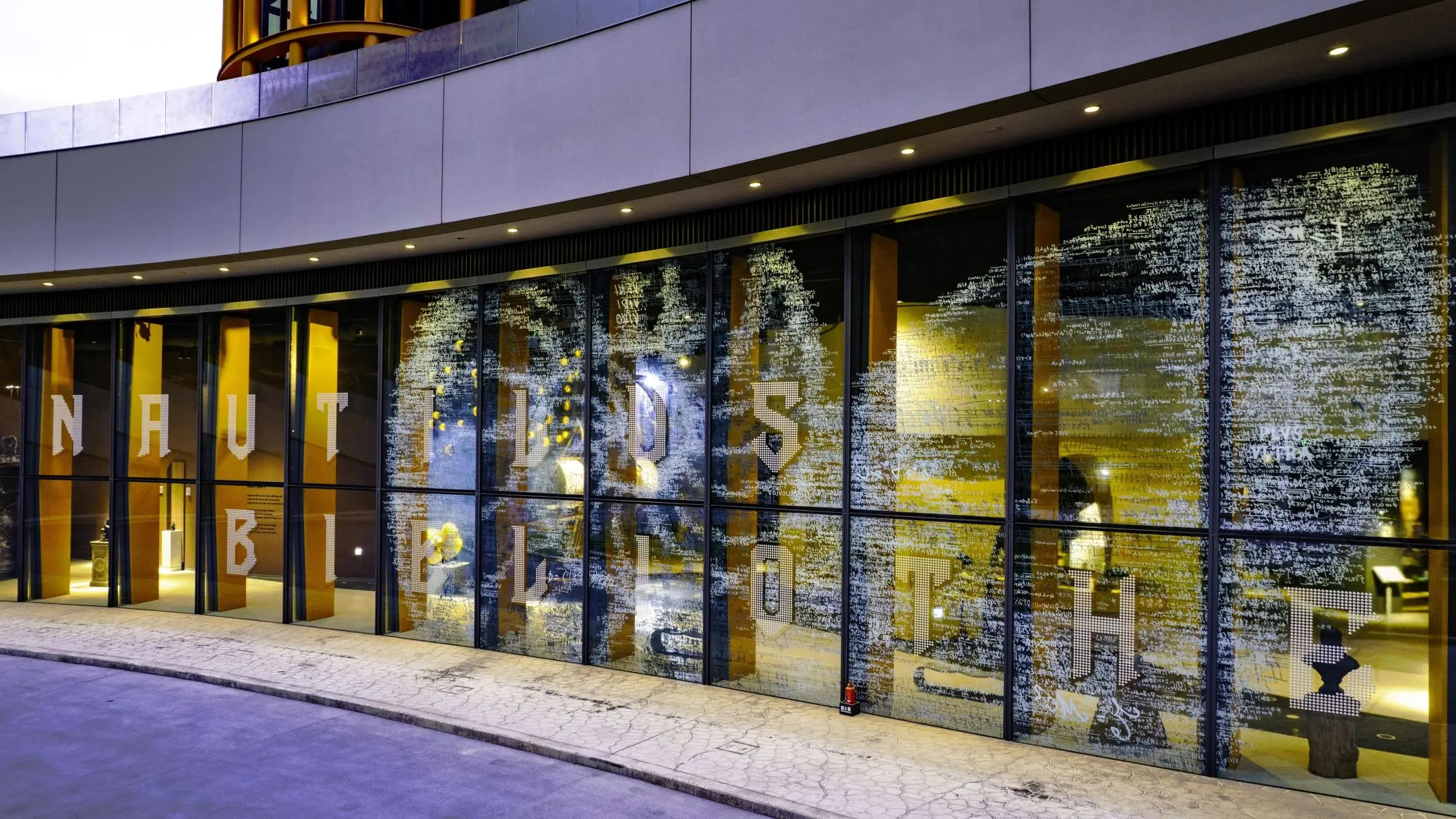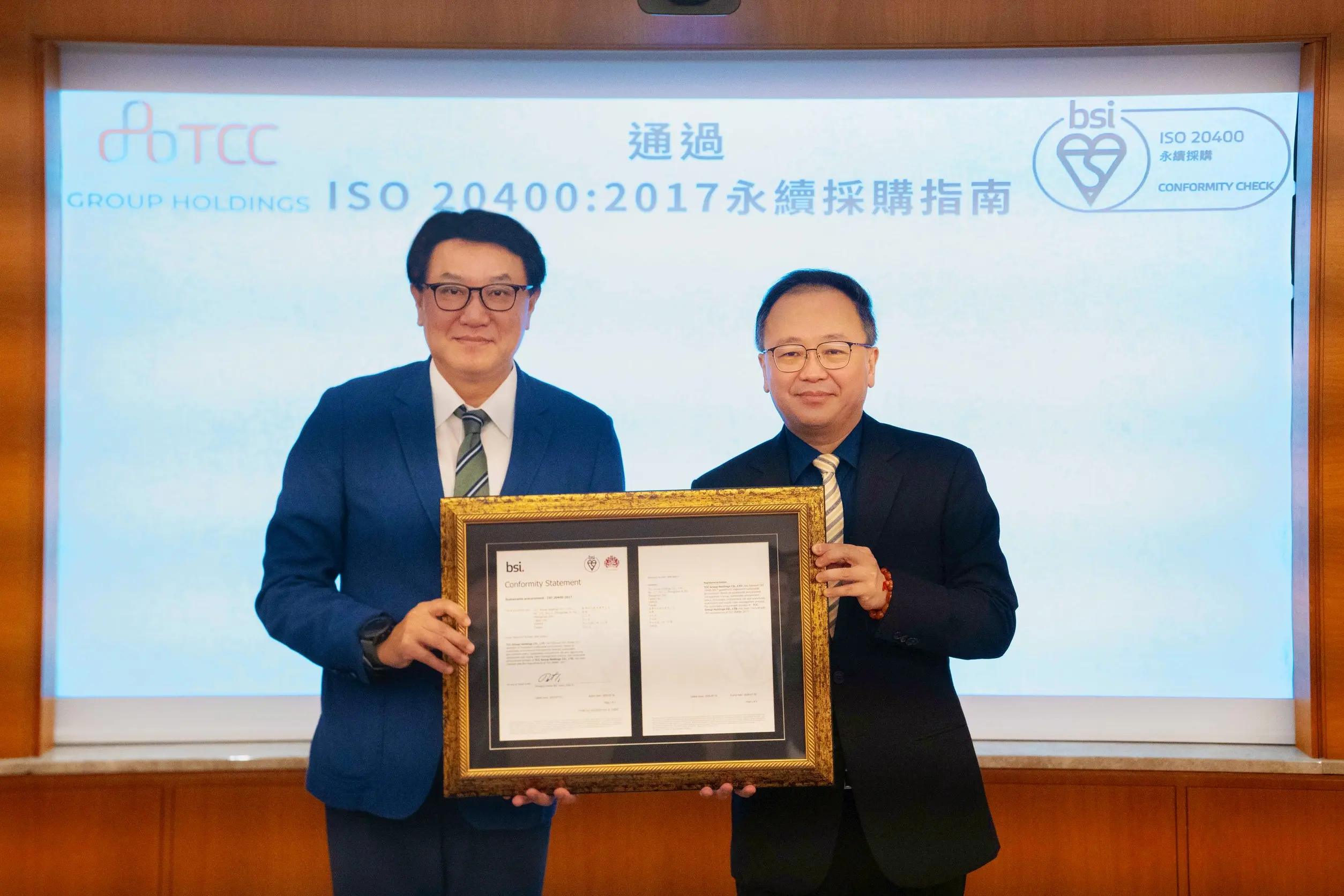TCC’s Hoping Plant Sets a Precedent: Turning Waste into Energy with Cement Kilns, Driving Environmental Benefits and Local Employment
TCC’s Hoping Plant Sets a Precedent: Turning Waste into Energy with Cement Kilns, Driving Environmental Benefits and Local Employment
2025.09.27
-
Copied

TCC's DAKA Renewable Resource Recycling Center (RRRC), located at its Hoping Plant in Hualien, was officially inaugurated on September 27th. Witnessed by Hualien County Environmental Protection Bureau Deputy Director Wang Chih-hui and local community leaders from Sioulin Township, Heping Village, and the neighboring Aohua Village in Yilan, the RRRC has become Taiwan's first demonstration site where domestic waste is co-processed using the high temperatures of a cement kiln. It also serves as a new landmark within the TCC DAKA, combining environmental education and tourism, and will be open to the public for guided tours by appointment.
During its trial operation from July 2023 to August 2025, the RRRC has successfully helped Hualien process over 82,000 tons of household waste, greatly easing waste buildup and environmental pressures. By transforming waste into an alternative fuel source for cement production, the Hoping Cement Plant has reduced its coal consumption by 3% and its carbon emissions by over 43,000 metric tons. Furthermore, it has prevented approximately 4,000 metric tons of methane emissions that would have resulted from landfilling.
TCC Group Chairman Nelson Chang shared his perspective, stating that throughout his fifty years as an industrialist, during the first twenty-five years, seeing smoke billowing from a cement plant chimney signified robust production and was taken for granted. However, with rising global demands for environmental sustainability and carbon reduction, he gradually realized that smoke is not a sign of prosperity but a warning signal of greenhouse gas emissions and pollution. He stressed that TCC must not only be a cement producer but must also leverage the high-temperature technology of its cement kilns to help society process garbage and various forms of waste, thereby reducing carbon emissions and pollution. "We have the capability to transform the infrastructure of a traditional industry into a tool for solving social and environmental problems. That is the critical value of the cement industry in this new era."

In the past, due to the lack of incinerators, Hualien County was forced to transport its domestic waste long distances north or pile it up in local landfills. In 2019, TCC proposed a privately initiated BOO project focusing on "co-processing municipal waste in cement kilns." Today, the actual results demonstrate that waste can be processed odorlessly and cleanly, achieving harmonious coexistence with the environment. This not only shows the potential of cement kilns to act as city purifiers but also offers a sustainable solution for humankind to explore coexistence with nature and enhance environmental resilience amid the growing threat of extreme climate change.
Cement kilns boast the characteristics of high temperature, long retention time, and high turbulence. These features ensure the material is completely combusted, leaving no residue and producing no dioxins. When paired with the gasifier inside the TCC DAKA RRRC, moisture-containing waste can be gasified before incineration. This process more stably controls the quality and calorific value of the waste-derived fuel and, unlike general incinerators, leaves no residual fly ash or bottom ash.
To build trust and ensure environmental quality, TCC employs a dual monitoring mechanism. First, the TCC DAKA features a real-time emission monitoring system display board, presenting immediate data on substances including nitrogen oxides (NOx) and sulfur oxides (SOx), which is simultaneously linked to the Hualien County Environmental Protection Bureau. Second, for substances that cannot be continuously monitored in real time, such as dioxins and lead, TCC proactively invites a third-party impartial unit to conduct quarterly testing. These reports are submitted to the Hualien County government and are also publicly disclosed at the TCC DAKA. Since the start of trial operations, dioxin emissions have been only one-tenth of the regulatory standard.

Since 2002, TCC has developed Asia's first "cement plant, industrial port, and power plant" circular economy park in Heping, Hualien. In September 2021, TCC announced the transformation of this site into Eastern Taiwan's first Low-carbon Green Energy Park. This transformation has included the sequential establishment of several key facilities, including Taiwan's largest 100MW E-dReg energy storage system, capable of balancing 250,000 kWh of electricity daily; photovoltaic panels covering the rooftops of the port and power plant buildings, generating approximately 6 million kWh annually for self-consumption; the setup of Taiwan's largest Ultra-High Performance Concrete (UHPC) production center. Furthermore, TCC has expanded its co-processing services. Since 2021, the company has helped the power, construction, and semiconductor industries resource over 2.84 million metric tons of industrial waste. The recent inauguration of TCC DAKA RRRC essentially completes the vision for this comprehensive Low-carbon Green Energy Park.
The exterior of TCC’s DAKA RRRC was designed by the internationally renowned architectural firm KPF. It is the recipient of the 2021 A&D Award and Taiwan's Low-Carbon Building Certification. Its facade utilizes TCC's Ultra-High Performance Concrete (UHPC), showcasing cement’s versatility and adaptability. The park's roads are paved with permeable concrete, which not only offers high load-bearing capacity but also helps mitigate the urban heat island effect and manage extreme rainfall. The park also features a charging station integrated with TCC's UHPC energy storage cabinet. This structure serves as a showcase that seamlessly integrates TCC's innovative low-carbon transition products and services.

More Related Information
-
 2025.09.27Rebirth After the Quake: TCC DAKA Unveils the “Nautilus Bibliotheca” as Its New Landmark
2025.09.27Rebirth After the Quake: TCC DAKA Unveils the “Nautilus Bibliotheca” as Its New Landmark -
 2025.09.12TCC Becomes the First in Taiwan's Cement Industry to Achieve ISO 20400 Certification. Building a Low-Carbon, Resilient Supply Chain and Strengthening Risk Response Capability
2025.09.12TCC Becomes the First in Taiwan's Cement Industry to Achieve ISO 20400 Certification. Building a Low-Carbon, Resilient Supply Chain and Strengthening Risk Response Capability -
 2025.09.10MQE Battery Plant Environmental Monitoring Report – August 2025
2025.09.10MQE Battery Plant Environmental Monitoring Report – August 2025


